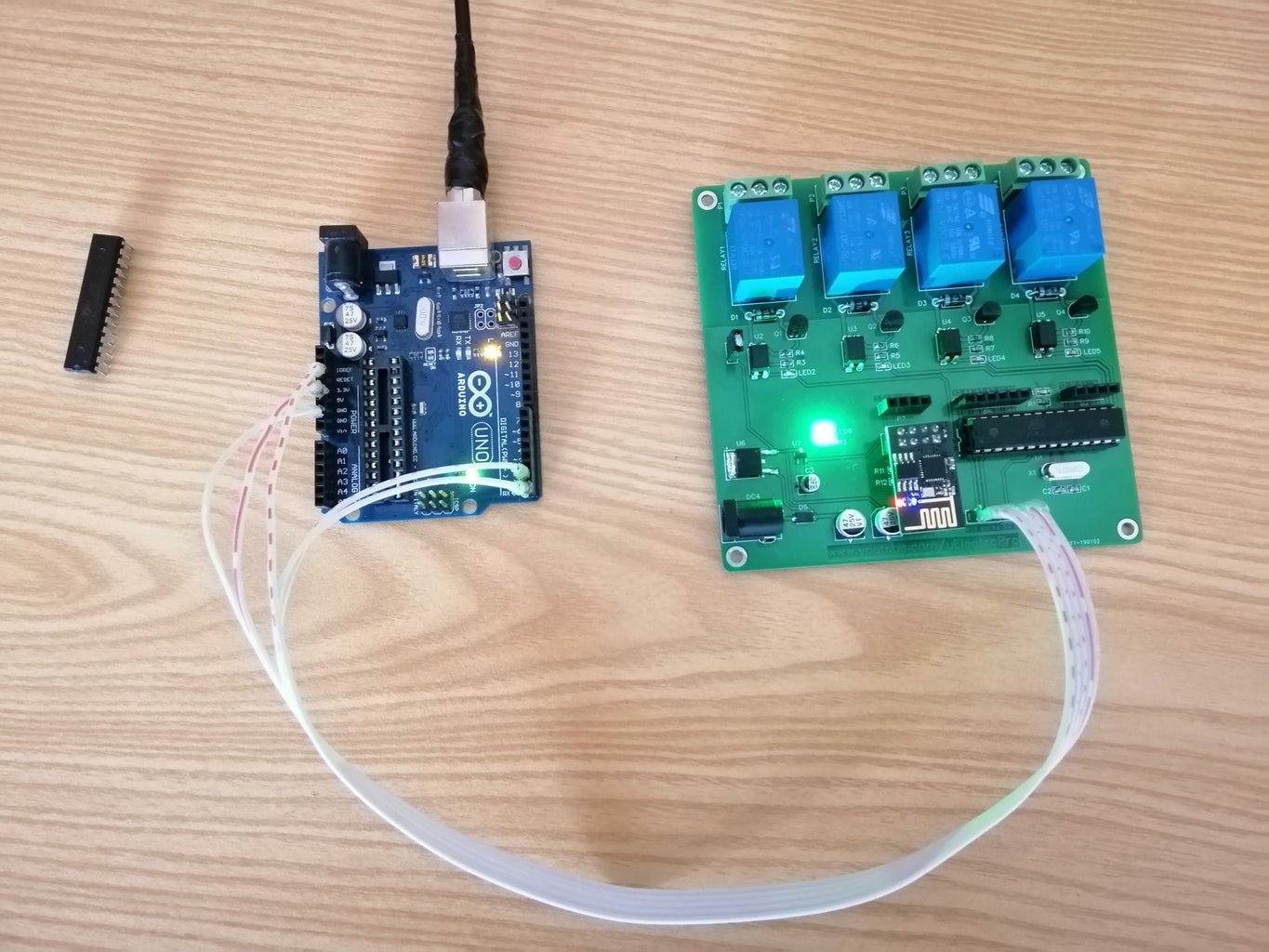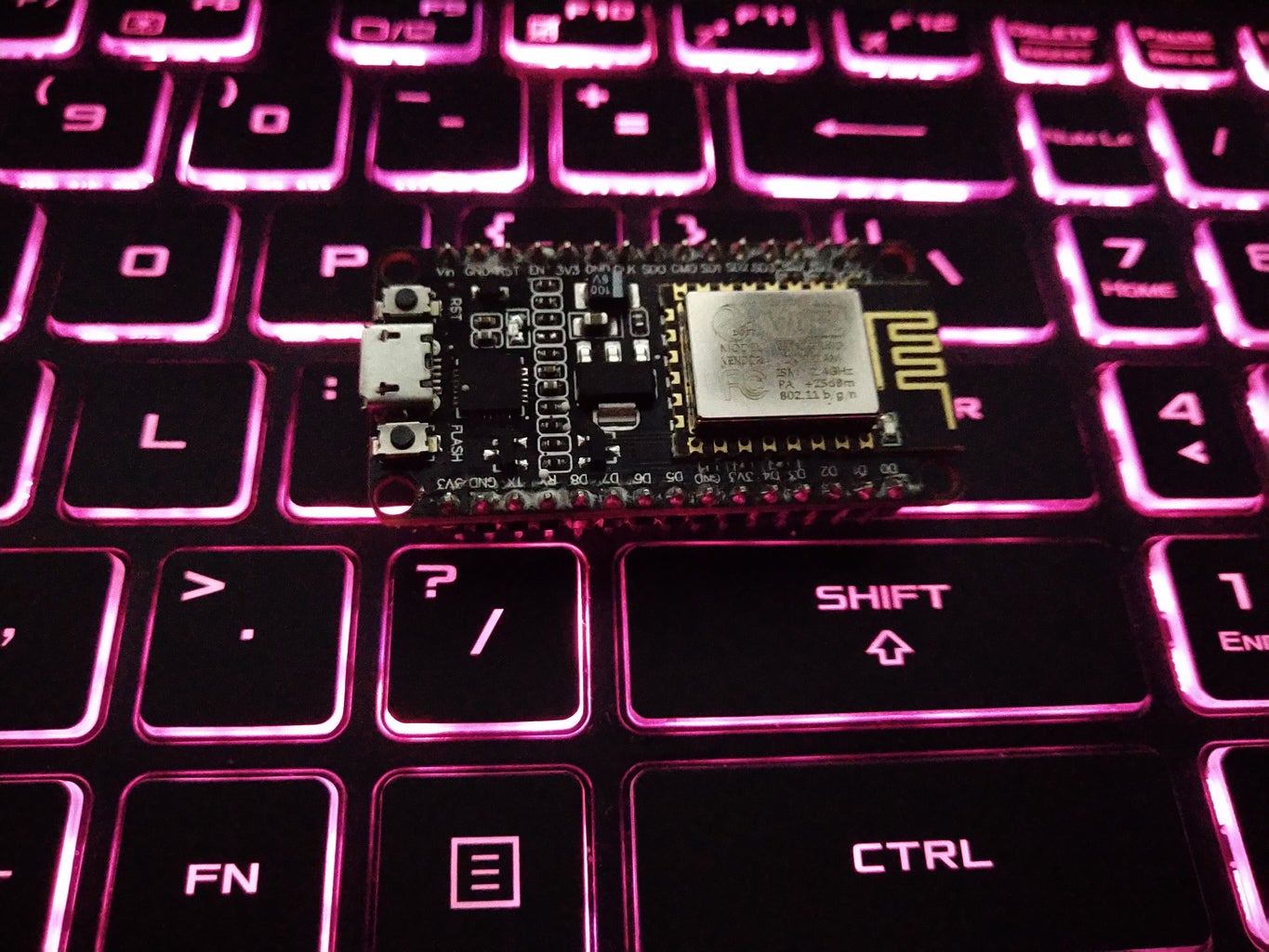DIY Home Automation Using ESP8266 5 Steps Circuit Diagram
BlogDIY Home Automation Using ESP8266 5 Steps Circuit Diagram Overview: IoT Based Smart Kitchen In this project, we will build an IoT Based Smart Kitchen with Automation & Monitoring System using NodeMCU ESP8266.

What are some examples of home automation using ESP8266? You can use ESP8266 to control your lights, HVAC system, security cameras, and other household appliances or systems.

Smart Home Using NodeMCU ESP8266 and Blynk 2.0 With Real Circuit Diagram
In this tutorial, we will learn how to make a Full home automation system using the Nodemcu ESP8266 and Blynk app. Through this system, we will be able to monitor and control everything in our home. In this IoT project, I have shown how to make IoT-based Smart Home Automation using the new Blynk 2.0 & NodeMCU ESP8266 to control a 4-channel relay module from the manual switch & smartphone using the Blynk IoT App. During the article, I have shown all the steps to make this Blynk home automation system. So, it makes sense to use these to control home appliances. Presented here is a home automation system using a simple Android app (Blynk).In this project we contributed a Home Security (Anti-Thief) Technology using Ultrasonic Sensor, Lm35 is the temperature sensor used in the indoor kitchen to control the exhausted Fan.

Introduction In this project, we learn how to make a Home Automation System using Blynk & ESP8266. One of the most common & Popular Hobby Projects you will come across on the internet is a smart home automation system. Home automation means controlling lights, climate, entertainment systems and appliances without a manual switch.

Smart Home With Multiple NodeMCU ESP8266 Network With Blynk Circuit Diagram
Different ESP8266 projects on Home Automation & Internet of Things using NodeMCU and ESP-01 module explained with Circuit & Source Code. In this NodeMCU ESP8266 project, I have shown how to make a home automation system using NodeMCU and Blynk App. With this IoT project, you can control four home appliances from the smartphone and manual switches. If there is no WiFi available then you can control the relay module from manual push buttons. With this smart home project, you can also monitor the real-time status of the relay
